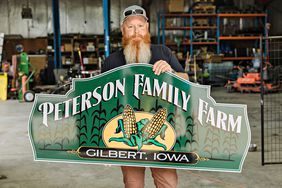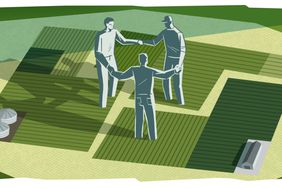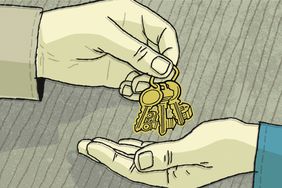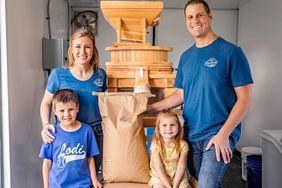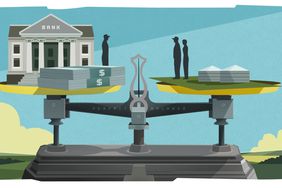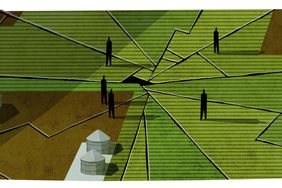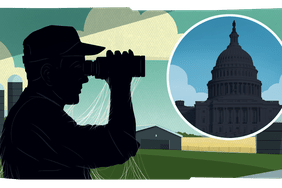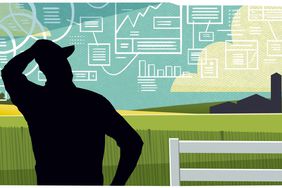:max_bytes(150000):strip_icc()/Plan20Now-2-69ef953343ed44148d4c1bd405c900c4.jpg)
Problem: We're only in our 50s. Is it too early for estate planning?
My husband recently turned 55 and I turned 53. Even though we still feel great and plan to farm a long time, we realize we are probably closer to our final date than we are to our birth date. We have five kids between the ages of 16 and 24 and they are all helpful on the farm when they are home. So far, two of them specifically seem to have a farming interest.
We feel very strongly about keeping the farm together. We are the fourth generation of our family on some of this farmland, and the land base just keeps growing. Are we old enough to do this planning? We always seem to come up with another what-if. The biggest is, "What if we want to change something later?" How do we address things that could happen in the future that may affect our planning?—Submitted by email from E.H and R.H.
Solution:
First, I applaud you on recognizing you should have a plan at your age. Far too many people wait to plan until they are in their 70s. Unfortunately, not all make it to age 70, and not having a plan can create a lot of unnecessary tension. Let me address your question with a handful of suggestions.
1. Define parameters
Regardless of what age you implement your plan, it needs definition. Outline the basic things like how rent will be calculated, how buyouts will be calculated, what defines a farming heir, and at what ages distribution should occur.
2. Lay out options
It sounds odd, but there need to be "defined options." Who has the option to farm? Who has to option to rent or buy? Are there equal options or secondary options?
3. Consider involvement
Your plan should reward those who are involved on the farm. Maybe you want to delay the actual distribution of any assets until the youngest has reached the age of 25 or 30, just to make sure everyone has been given the opportunity to be involved if they wish to do so.
4. Choose the right document
Implementing a revocable trust or even just planning a will allows the flexibility to make changes later during your lifetime. It is easy to amend a revocable trust or create a new will anytime needed.
5. Don't overpromise and under-deliver
If you tell your children you are going to do what will help them keep the farm together, make sure you do it. Telling someone without documenting it can lead to a huge conflict later.
6. Consider this scenario
What happens if one of you dies but the other spouse lives another 20 or 30 years? What if your plan directs the decedent's half of the assets to a trust at first death and then nothing can be changed to that trust? That could handcuff the surviving spouse, the heirs, and the farm itself.
There is a seldom-used tool called the power of appointment, not to be confused with the power of attorney. This power of appointment can give the surviving spouse a lot of power or a little power — depending on the language implemented — to make changes if something un-foreseen affects your plan. Granting limited power that allows for changes in certain situations but fundamentally cannot change the overall plan can be very valuable.
7. Update life insurance
Remember, you can also make changes to ownership and beneficiary designations of life insurance.
You can implement nearly everything desired, and as long as you still own the keys to the farm, you can address the what-ifs as changes occur and eventually solidify everything.
I think your biggest what-if is "what if" you don't have anything in place?
Myron Friesen is co-owner of Farm Financial Strategies in Osage, Iowa. During the past 21 years, he has worked exclusively with farm families across the Midwest to develop farm transition strategies. Friesen grew up on a Mountain Lake, Minnesota, farm. He owns and operates a 1,070-acre crop and livestock farm with his wife and four children. farmestate.com.

